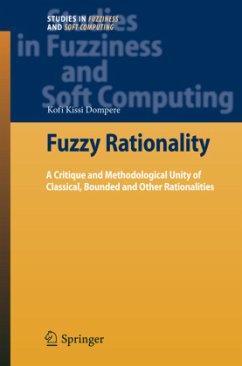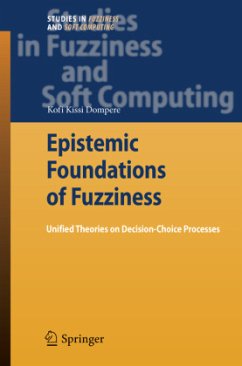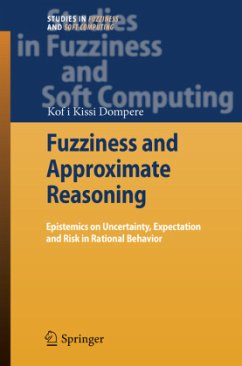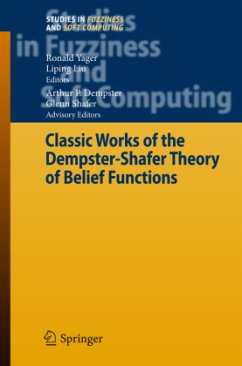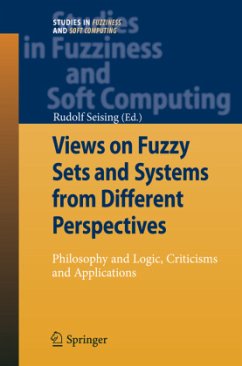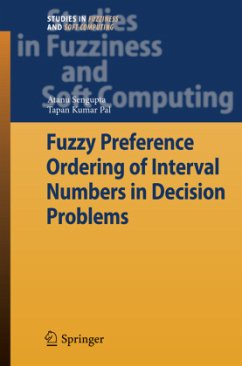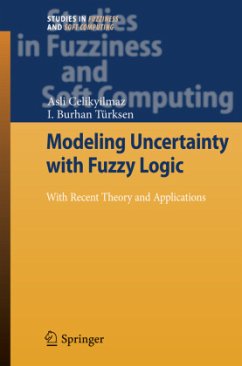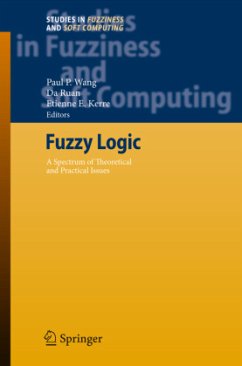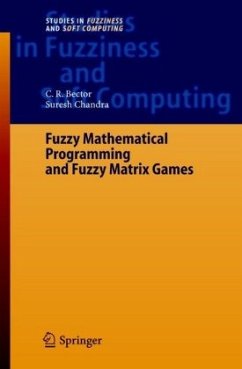
Fuzzy Rationality
A Critique and Methodological Unity of Classical, Bounded and Other Rationalities
Versandkostenfrei!
Versandfertig in 6-10 Tagen
151,99 €
inkl. MwSt.
Weitere Ausgaben:

PAYBACK Punkte
76 °P sammeln!
This text offers the general scientific community the epistemic framework of fuzzy paradigm and the rationality it induces for approximate reasoning. It also describes the role fuzzy rationality plays in our information-knowledge enterprise.
Philosophy involves a criticism of scientific knowledge, not from a point of view ultimately different from that of science, but from a point of view less concerned with details and more concerned with the h- mony of the body of special sciences. Here as elsewhere, while the older logic shut out possibilities and imprisoned imagination within the walls of the familiar, the newer logic shows rather what may happen, and refuses to decide as to what must happen. Bertrand Russell At any particular stage in the development of humanity knowledge comes up against limits set by the necessarily limited character of the experience available and the existing means of obtaining knowledge. But humanity advances by overcoming such limits. New experience throws down the limits of old experience; new techniques, new means of obtaining knowledge throw down the limits of old techniques and old means of obtaining knowledge. New limits then once again appear. But there is no more reason to suppose these new limits absolute and final than there was to suppose the old ones absolute and final.



